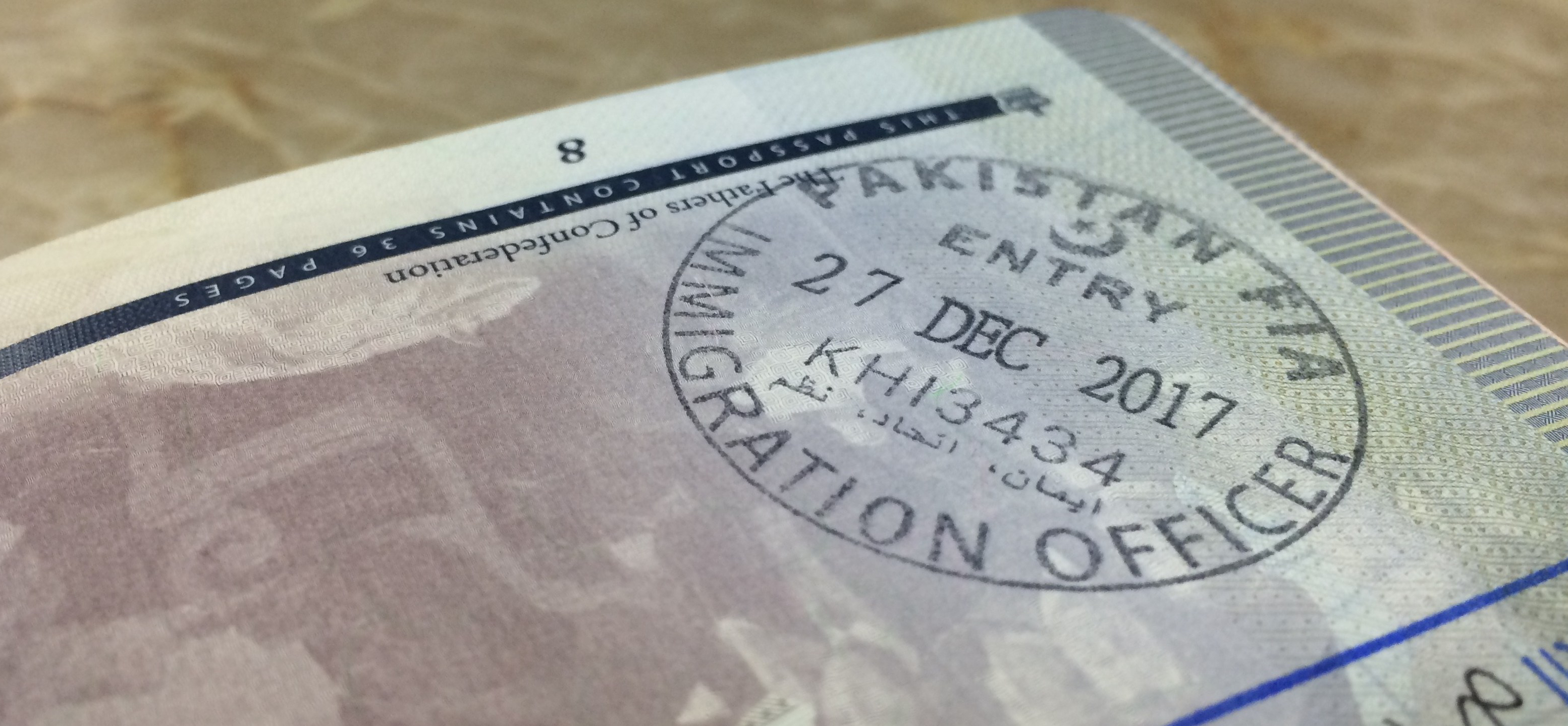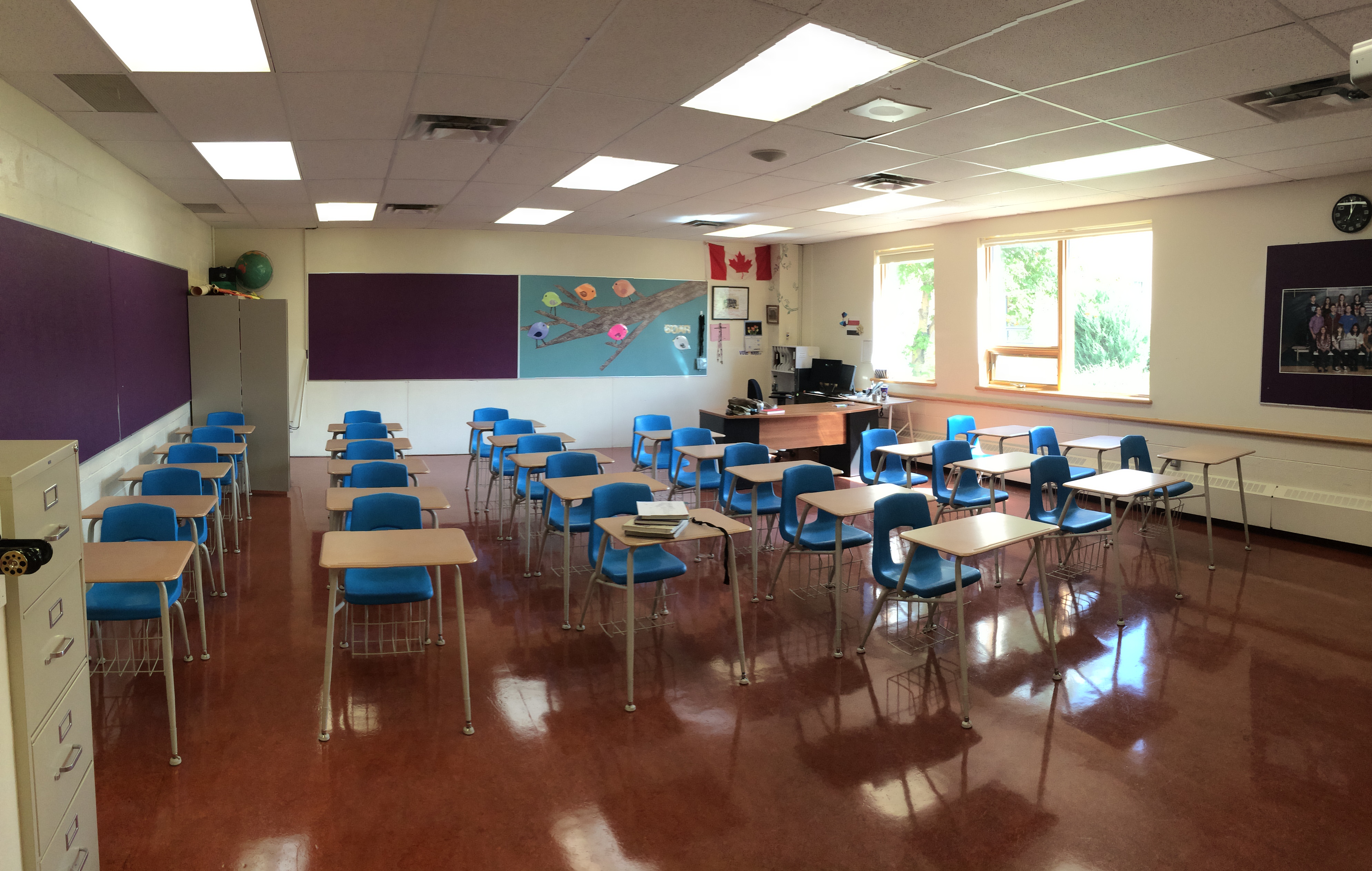It’s seems like an eternity since I’ve really been able to stop and catch my breath. Stepping into the changes of married life, and into a new season of our lives in Three Hills, things have felt a little crazy for Michelle and I. Many days I’ve felt like Alice in Wonderland, running as fast as I can just to stay in place. And if I want to get anywhere — to get anything done besides the day-in-day-out job of staying afloat as a teacher, I have to run twice as fast.
Getting to be a full-time teacher for a whole semester has been so good for me. And now, with my contract for a maternity-leave over, I’ve become a substitute teacher, which has been an interesting transition in itself. For the first time, since I started teaching in September, I’ve been able to properly step back and look at how things panned out over the semester. I see the things I didn’t do as well as I could have, and the things I’m proud to have done. I see some of the kids who I never got through to — who were glad to have me leave (or said they were), and I see the kids who connected deeply, and whose confidence and motivation is more than I could have ever asked for as their teacher.
Teaching has changed me. I look back at the idealistic and revolutionary high-schooler that started into university, wanting to change the world and the face of teaching into the amazing thing it could be. I saw all the failings of the education system, and I wanted to fix it all. I wanted creativity, choice, flexibility, inquiry and imagination, and somehow I thought I knew a lot of the answers (or at least thought I’d be able to find them if I tried).
I do still want to see these things in teaching, but I’ve come to realize that the process of getting there, what that looks like in the classroom, and how students receive all these things is vastly different than I imagined. I’m not looking for a magic formula for educational perfection, and I’m not hoping for a quick and drastic revolution in the education system.
I believe more than ever that school should be a place of imagination and creativity — but school isn’t perfect. It’s easy to work myself into the mindset that, if we could only get the right ingredients, school could be this amazing space of ingenuity, problem-solving and curiosity, where kids love to come and learn, try new things and create. But somehow in all my wonderful ideas of what school could be, I forgot that school isn’t just made up of programs and ideas. It’s made of people. It’s made of students who have times when they really don’t care about learning. It’s made of teachers who have times when they are so overwhelmed and exhausted, they do all they can just to put one foot in front of the other each day. School is full of all kinds of problems, and is expected to solve most — if not all of them — and to do it gracefully and quickly.
So here are some things I’ve learned while being a teacher.
Teachers really want to make a difference. In the conversations I’ve had with fellow teachers and administration, the time I’ve spent with future teachers in university, and the sharing of ideas, plans, resources and all kinds of other teachery things, I have been been overwhelmingly impressed by the amount of really caring, amazing people there are in classrooms around the province and the world. It’s easy sometimes to feel pretty self-centred, working away at making a difference for the kids in your classroom, especially when that work is so consuming you can barely lift your head to look around you. But when I’ve had a chance to look at the things other teachers are doing in other schools, or things I hear in the frequent conversations with my colleagues, I very quickly realize that there are an incredible amount of people that selflessly pour themselves into the kids they teach. They work hard and late, and they genuinely care about the kids that come through their door each day.
Education bashing is a global pastime that doesn’t really help anything. I used to really appreciate a good Youtube video or Facebook post about how schools stifle the things that matter in life — about how the model of school is still stuck in the Industrial Revolution era, and about how one size doesn’t fit all, or how many times school has failed people, how schools shouldn’t be factories etc etc. But having been in one for the past five months as a teacher (and all the other years as a student), bashing school as a system has increasingly lost its appeal. I see some of the blood, sweat and tears that I talked about earlier, and I see how sometimes kids take the nicest teachers, with the best lessons and ideas, and throw everything back in their face with an apathetic eye-roll. I understand that everyone has something to say about education, because almost everyone has gone through it, and that there are lots of things that could be different about schools, but I’m continuing to learn that change takes commitment, patience, resilience and hard-work, and throwing tomatoes at the education system on social media doesn’t fall into any of those categories. I know the education system isn’t perfect, but there are a lot people around the world trying to make it the best it can be, and they feel better when you cheer them on.
People aren’t perfect. Schools are full of people. Waiting for education to be all I’ve ever dreamed that it could be is like waiting for Liverpool Football Club to win the Premier League. It hasn’t happened in my lifetime. There are moments when the right things come together — a string of passes and choices seem to gel together to make something magical, just like those moments when enthusiasm is high, kids are getting concepts and are excited to learn. And then, out of nowhere there will come some crazy mistake — half of the defence seems switched-off as the ball thumps it’s way into the back of the Liverpool net, and yet another game ends in a disappointing defeat to some low-level team. In the same way there are days and moments where things just don’t work out. Misunderstandings occur, plans fall flat, distractions steal the crucial teachable moments, motivation has somehow disappeared from the entire room, or attitude, emotion and frustration cloud choices and activities. Teachers, students and parents, all come with their own set of problems and failings, and when they all work in close-proximity for ten months at a time, things don’t always happen the way you would hope. While I’m holding onto the hope that I get to see Liverpool raise the Premier League trophy some year, I know I’ll probably never see perfection in the education system — at least not as long as it continues to be filled with people.
As I look at some of these things I’ve learned, I can’t help but wonder if I’m a little pessimistic. Have all my ideals just been replaced by a “things are fine the way they are?” But that’s not what I think. I want education to be the best that it can be, and I want to try new things and for schools to continue to take risks and make changes. I believe in schools. I believe in teachers. I believe in kids. And I believe in parents. We each bring our own problems and failings to the table, and school is the place I get to see them all come together. While that can make for a messy combination, it can be beautiful at times.
Despite the few students who I look at, and I feel like I failed, as they continue to see school as an authoritarian, broken and stifling institution, I have to allow myself to see the other students as well — the ones who beam at me in the hallways, who tell me about their days, who get excited when I come to watch their hockey games, or whose humour and creativity in Social Studies projects makes me smile. I remind myself of the deep literary conversations I’ve had about Batman, or the times when a student tells me they decided they’re actually going to try at their work this time (after a couple months of not doing that), or when someone tells me they were so excited about the stop-motion animation we were doing in class that they went home on the weekend and spent a good part of their Saturday making one at home with Lego.
It’s far too easy to let failings overshadow the successes, but it’s the successes (in the face of failings) that motivate the desire to try for change , and to continue to work hard at making things better — to give my very best to the kids I’m entrusted with, to refine and improve my teaching, and to continue to invest in making school what it is and can be for kids.


